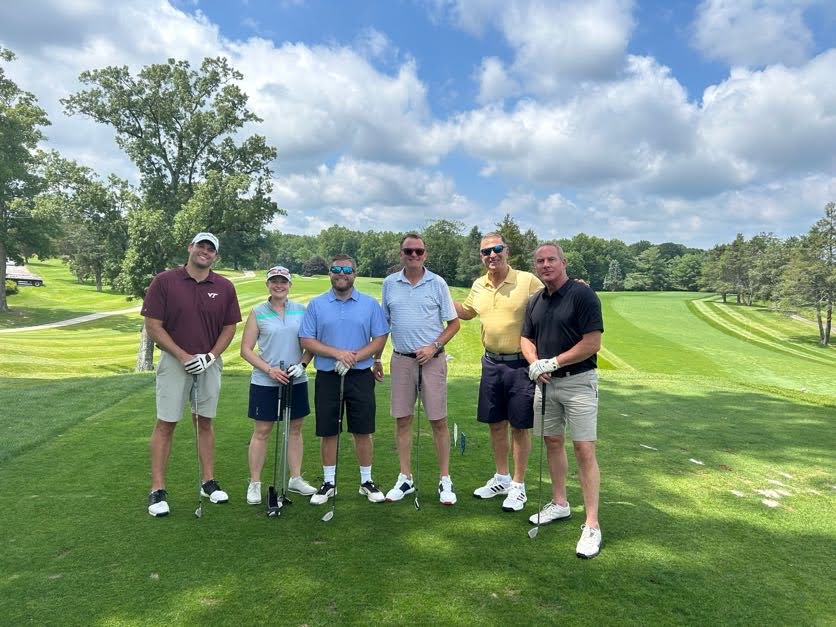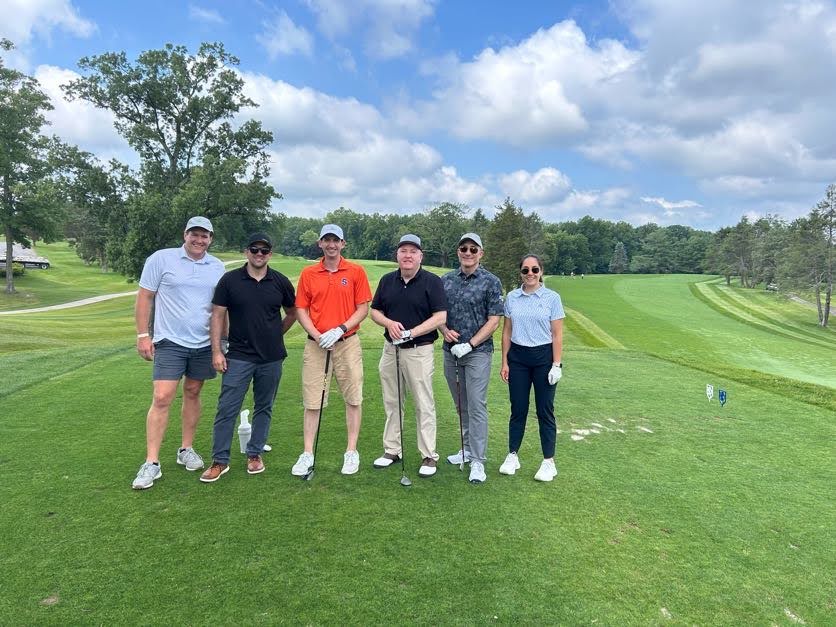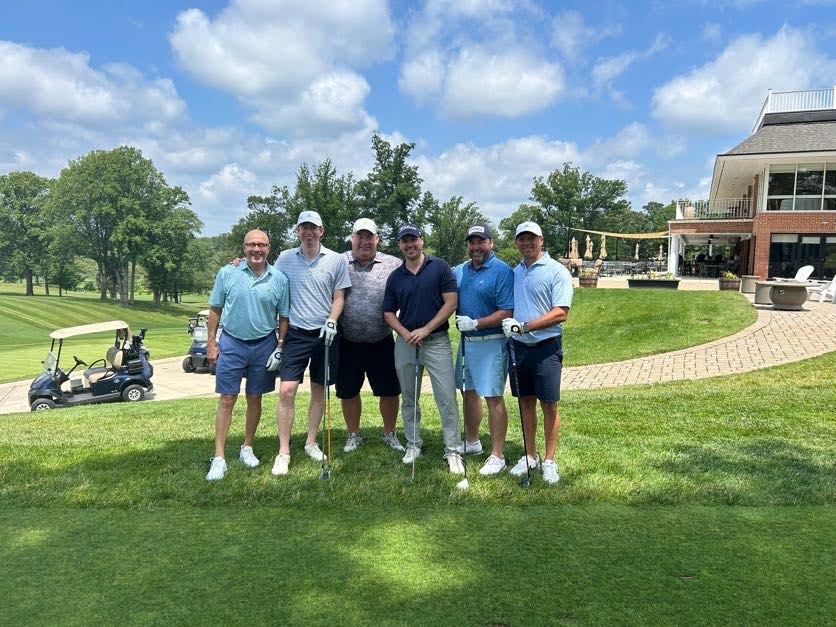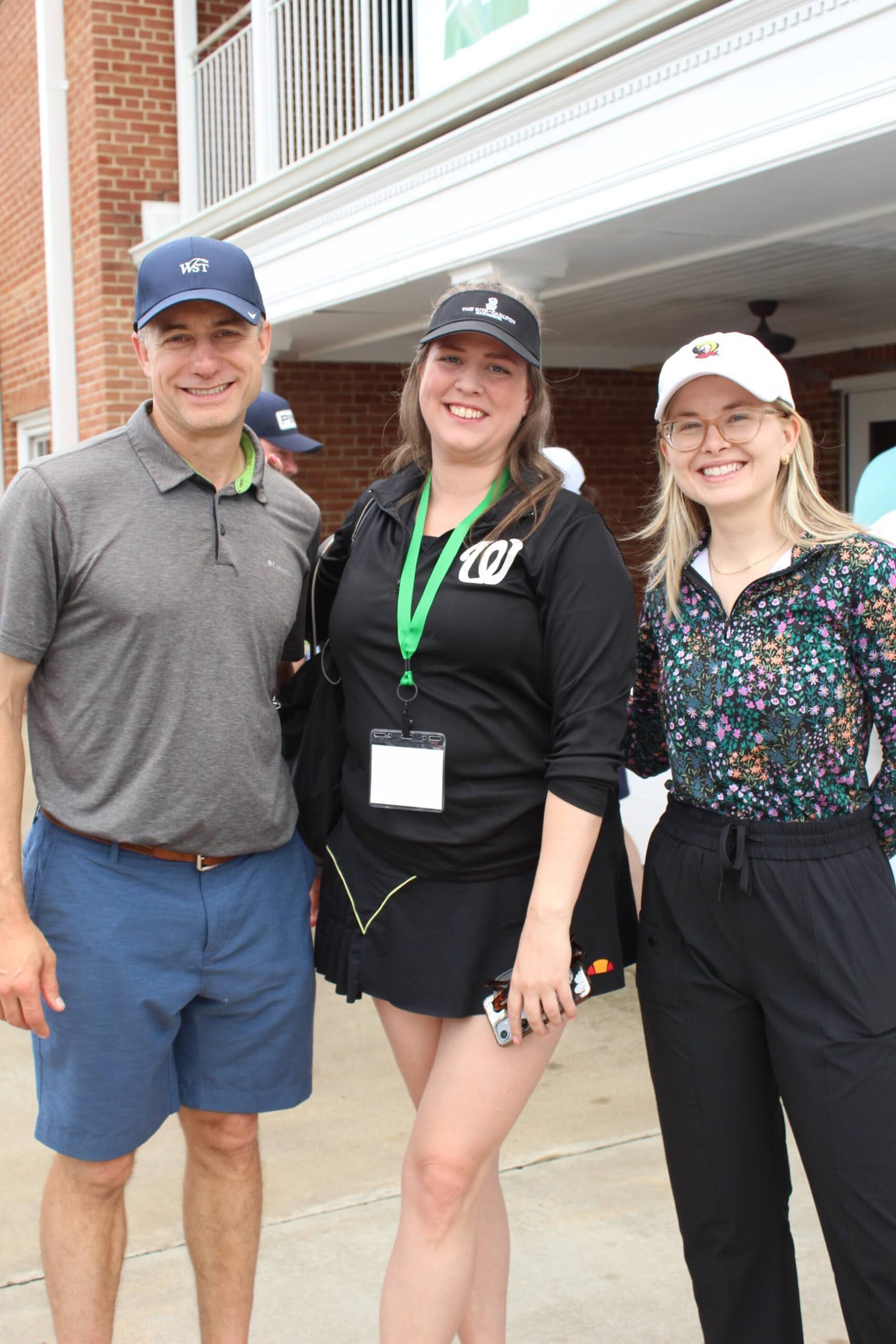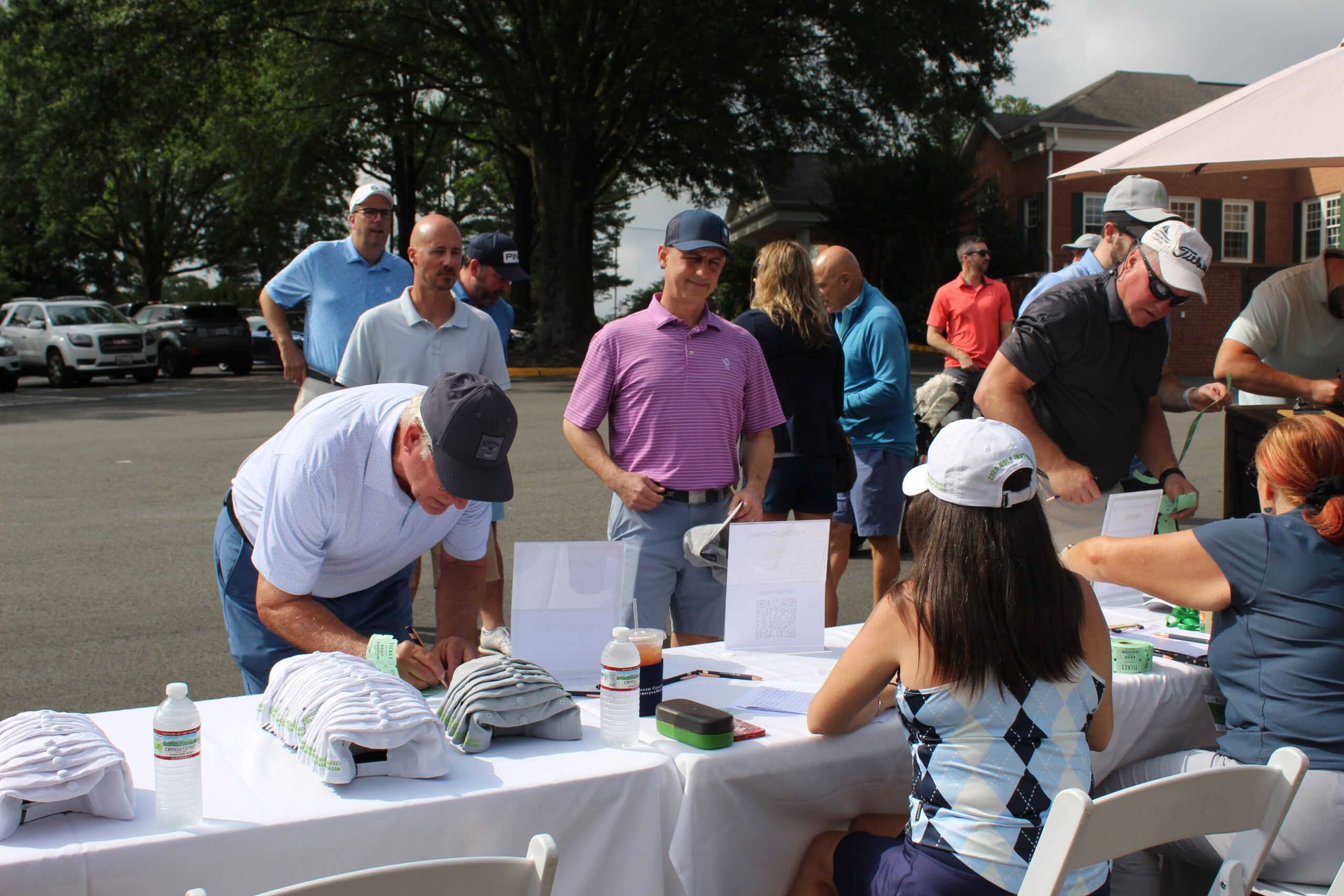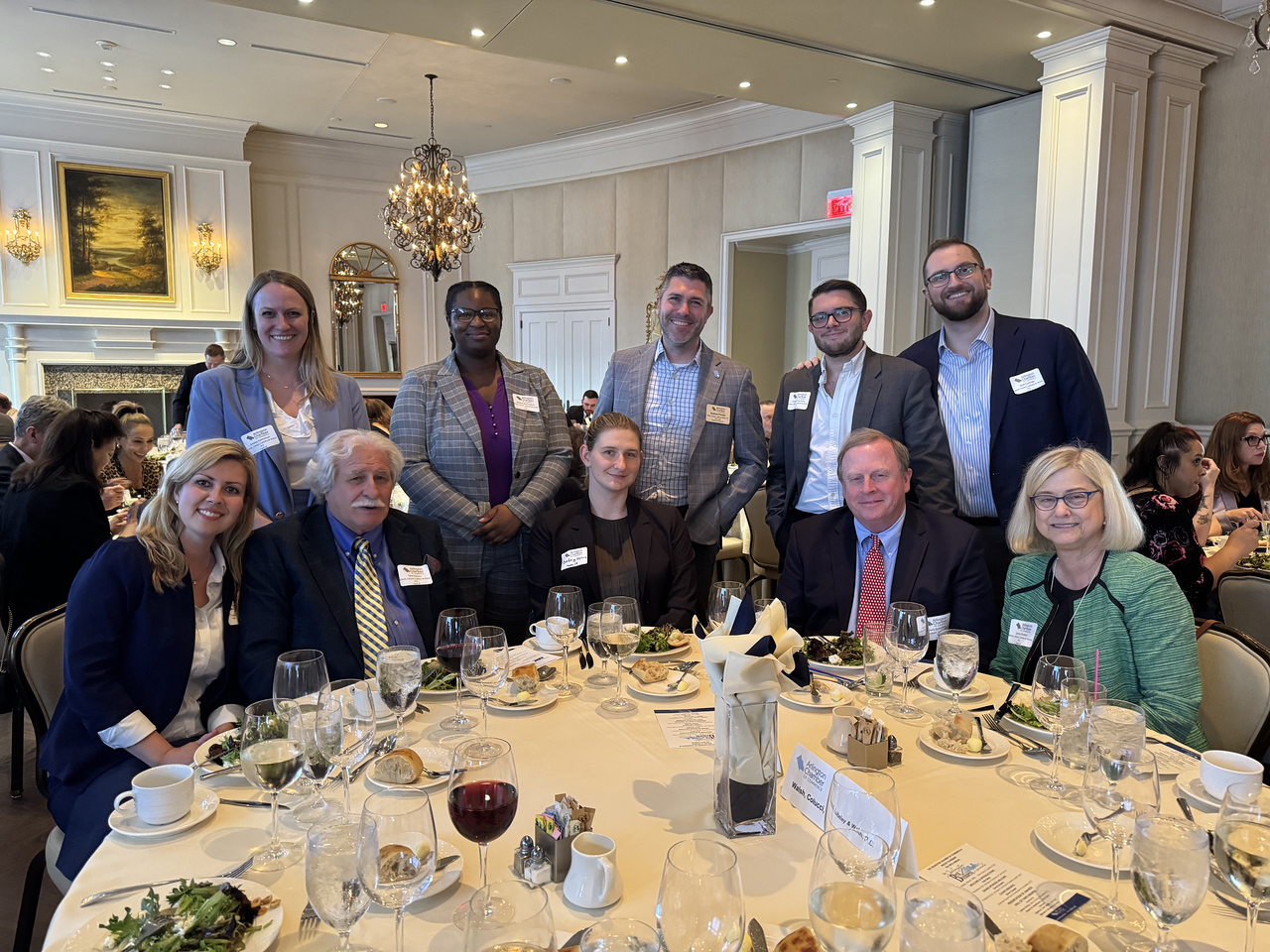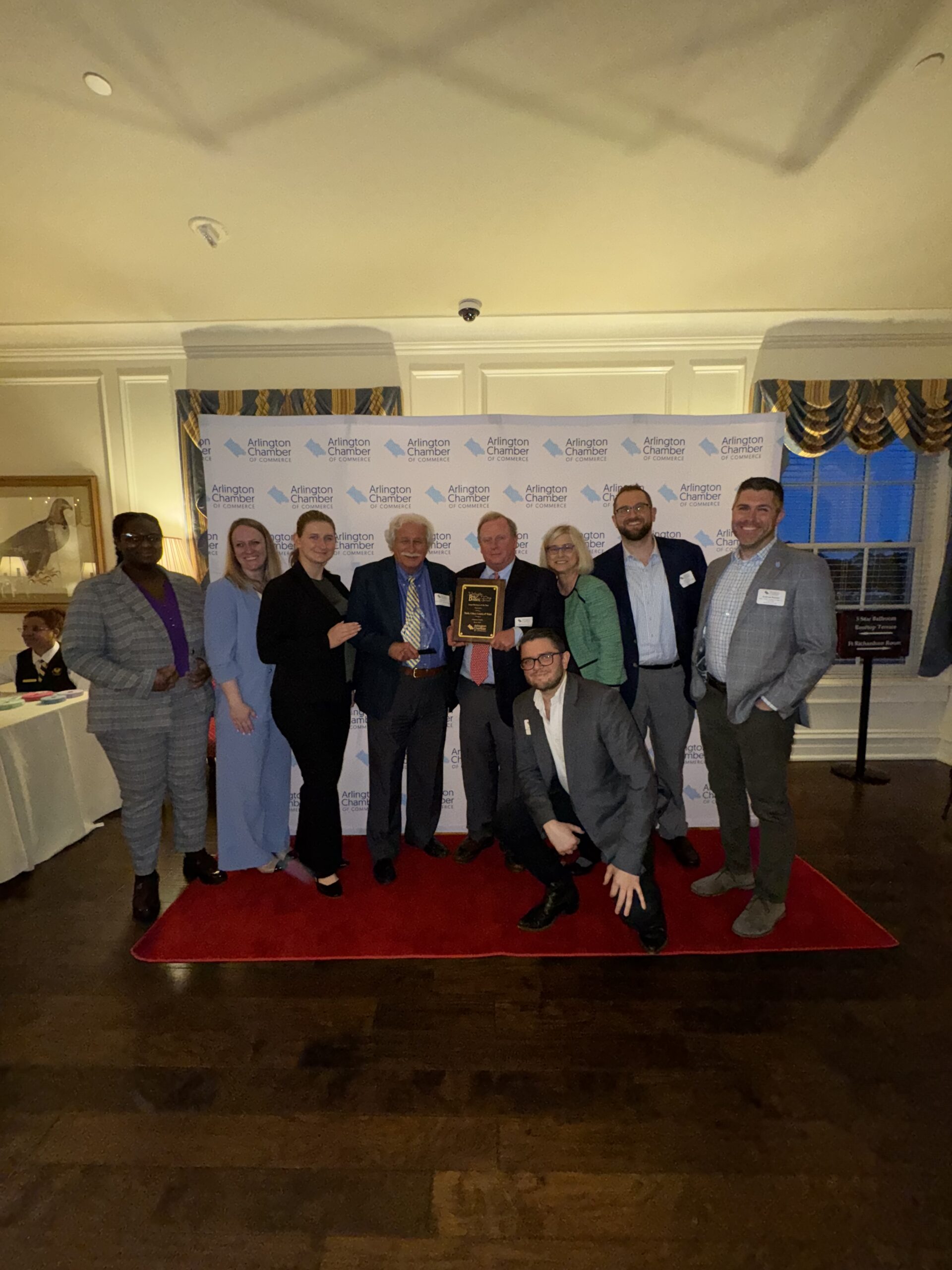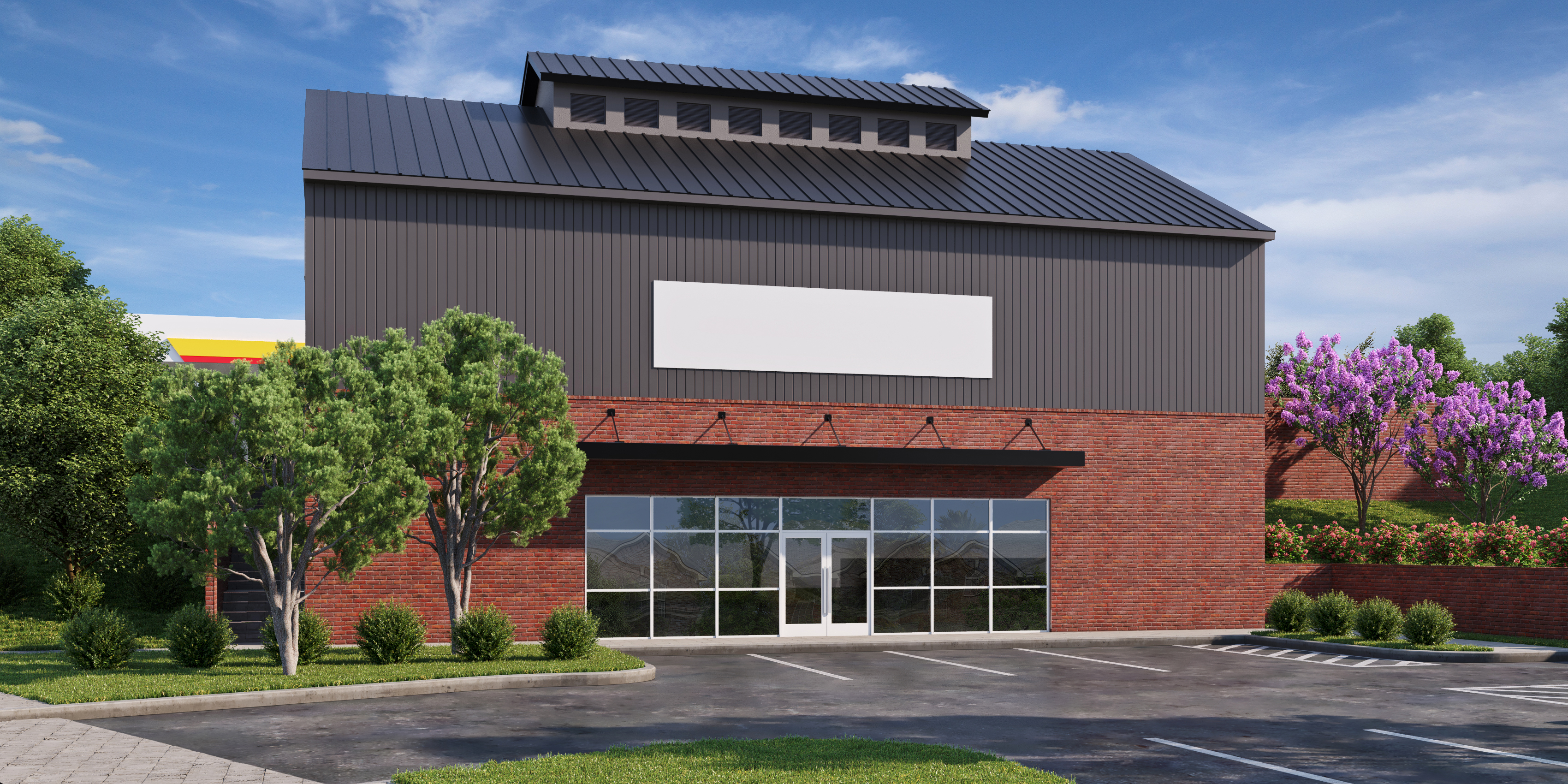Fairfax County is facing a significant increase in older residents that some refer to as the “Silver Tsunami.” The demand for senior housing in Fairfax County continues to grow, driven both by long-time residents wishing to remain near family, friends, and essential services, and by seniors relocating to the area to be closer to adult children and grandchildren. Age-restricted communities are intended to address the growing need and align with Fairfax County’s broader planning and housing objectives. Most recently, on February 4, 2025, the Fairfax County Board of Supervisors unanimously approved Rezoning Application RZ 2024-HM-00009 filed by the firm on behalf of Silverstone Senior Living for a new continuing care facility (CCF) in Reston.
Silverstone is a nationally recognized developer of senior living communities, and has a strong track record of delivering high-quality communities that offer independent living, assisted living, and memory care, with projects completed in Virginia, Maryland, Texas, and Florida. Walsh, Colucci has worked for a number of years with Silverstone on successful local communities including The Providence at the Vienna Metro Station, The Trillium in Tysons and The Landing in Alexandria.
The approved community in Reston will consist of a three-story, 170,200 square-foot building with up to 131 units, including a mix of independent living and assisted living units, with the flexibility to include memory care. The project will offer a continuum of care, allowing residents to age in place as their healthcare needs change. Amenities are designed to promote resident wellness and social engagement, such as multiple dining venues; a health, wellness, and fitness spa; a perimeter fitness trail; resident gardens; and a sports court. An important component of the community is its wooded condition that will remain undisturbed, providing residents with natural views from their rooms, dining areas, and along the fitness trail.
Construction is expected to proceed on a two-year timeline, with one year for permitting and one year for construction. The facility is targeted to open in 2027.
For more information about the approval of senior living communities, please contact any of the firm’s zoning attorneys.




